
OR
“COVID-19 infection rate will get further worse if public health standards are not followed”
Published On: April 21, 2021 10:09 AM NPT By: Republica | @RepublicaNepal
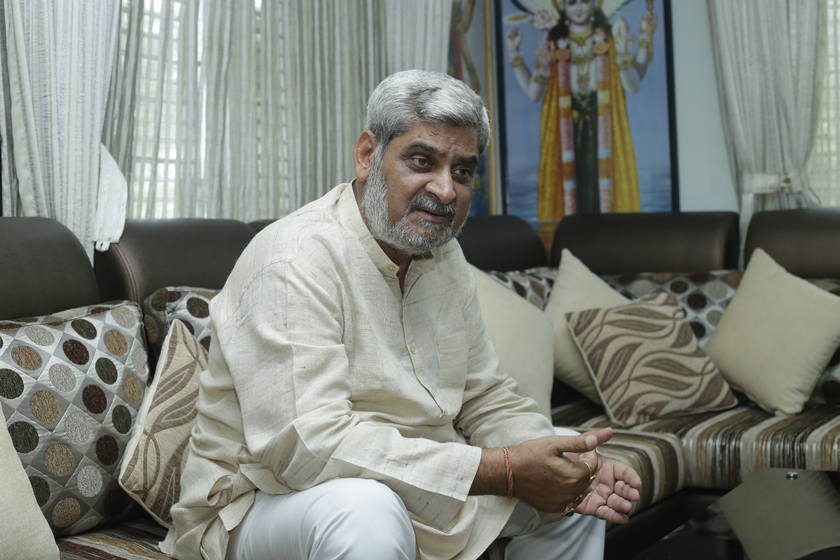
KATHMANDU, April 21: Minister for Health and Population Hridayesh Tripathi has said that Nepal will also face serious impact from the corona infection if everyone does not strictly follow the public health protocols.
Speaking at a virtual conference on Tuesday, he said that the corona infection was spreading at an alarming rate in South Asian countries and that the situation was no different in Nepal. He added that each individual, community, non-governmental organization, local level, provincial government and federal government should be serious in this regard.
Minister Tripathi said that there is no need to enforce lockdown if everyone followed the public health protocols. “It is up to us whether there should be a lockdown or not. If everyone adheres to the standards, there is no need to impose lockdown,” he said.
Health Minister Tripathi warned that the new variant of the COVID-19, which has just appeared in Nepal, poses an additional risk. “Don't take the new COVID-19 variant lightly,” he said. Stating that 10 percent of the total infected persons are children, Minister Tripathi urged all parents to be vigilant.
Dr Krishna Poudel, the director of the Epidemiology and Disease Control Division at the Ministry of Health and Population (MoHP), said that they have made necessary management for the treatment as per the projection that more than 600,000 people will be infected within three months if the public health standards are not followed.
“A holding center with the capacity of 1,000 people has been set up at the border, private hospitals have been ordered to allocate a certain number of beds for the use of COVID-19 patients, and every provincial and local body has been instructed to keep the isolation center ready,” he said.
“Based on the experience last year, the rate of COVID-19 infection will be high for 14 weeks and then it will gradually start decreasing,” he said, adding that five weeks have already passed since the second wave started in Nepal.
You May Like This
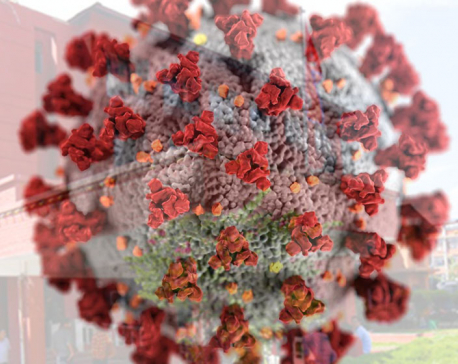
Health ministry projects Nepal’s COVID-19 cases to surpass 600,000 with daily cases of more than 11,000 by next three months
KATHMANDU, April 13: The Ministry of Health and Population (MoHP) has projected Nepal’s COVID-19 case tally to surpass the 600,000... Read More...
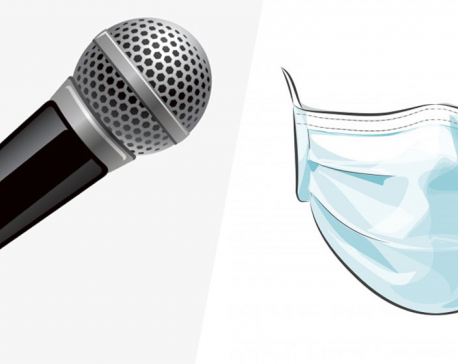
Health ministry urges media persons to wear masks while reading news, taking interviews
“There would not be any space for patients in hospitals if we fail to break the current infection chain of... Read More...
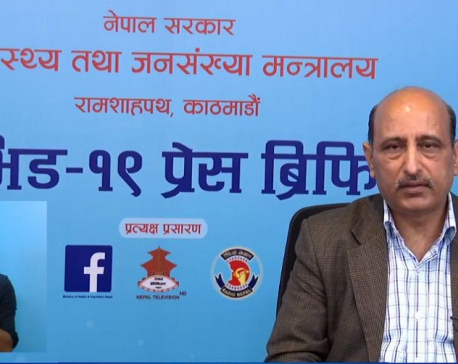
Nepal sees 1,172 new cases and seven more fatalities linked to COVID-19 in past 24 hours
KATHMANDU, Sept 23: The Ministry of Health and Population on Wednesday afternoon said that 1,172 new cases and seven new... Read More...
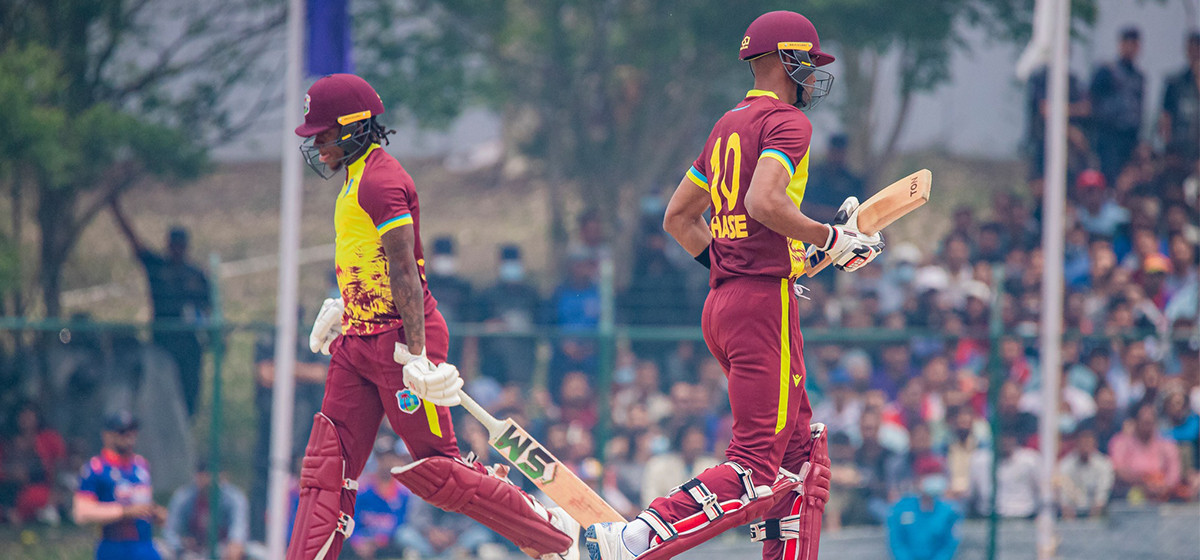

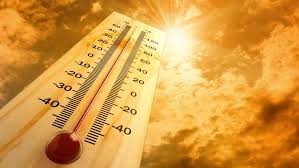

Just In
- Second T20 match: Nepal loses to West Indies ‘A’
- Bajhang by-polls update: 400 ballots counted so far
- Vote counting update: NC takes lead in Ilam-2
- People urged to take caution as Terai region including Lumbini province experiences sweltering heat
- School Principal arrested for allegedly facilitating fake examinees in Grade XII examination
- Stepdaughter arrested on charges of murdering her mother
- Five shops and a vehicle workshop gutted in Shankhamul fire
- Two agreements between private sector entities signed at Nepal Investment Summit








-1200x560-wm_20240427144118.jpg)



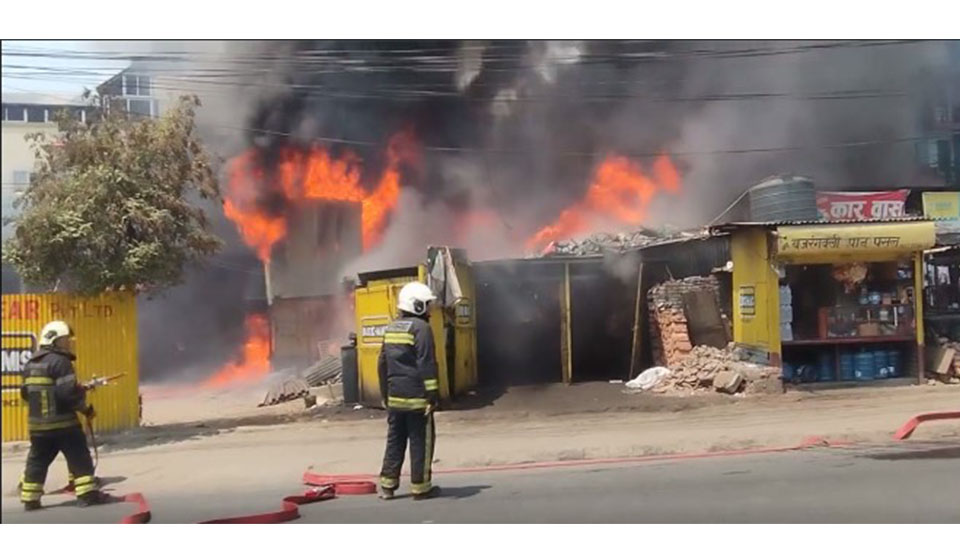
Leave A Comment